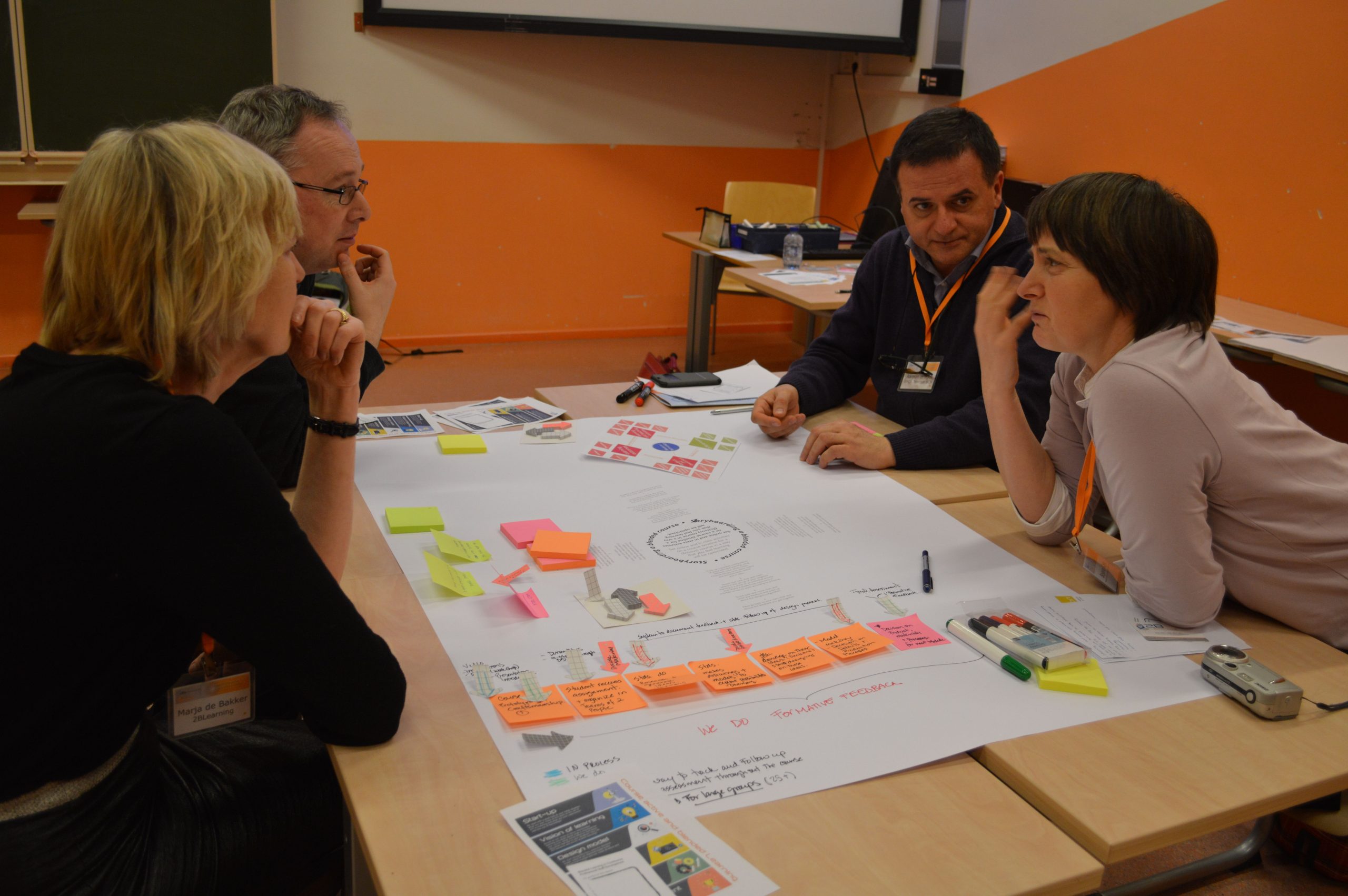Companies looking to employ freshly graduated engineers have noticed a lack of “real world skills” including the creative, communication and entrepreneurial skills deemed necessary for survival in the 21st century.
So future engineers need to be educated to reflect these changing demands: the question is how?
CDIO, Conceiving-Designing-Implementing-Operating, is an initiative begun in the late 1990s by MIT, Boeing, and various Scandinavian universities. It defines itself as an “innovative educational framework” for producing the next generation of engineers. Earlier this week, the 3TU.Centre for Engineering Education, a collaboration of the three Dutch technical universities in Eindhoven, Twente and Delft, and The Hague University of Applied Sciences, hosted a two-day CDIO conference – Inventing Tomorrow’s Engineering Education – at TU Delft’s Faculty of Aerospace Engineering (LR).
Conference co-organiser, LR’s Director of Education, Aldert Kamp said that the most important goal of the conference was to get people inspired and motivated about the changing world: “What I see in the universities is that research is very important, but the changing world with respect to creativity and all the generic skills that are necessary for future employment, that’s a bit beyond their horizon.”
Keynote speakers included Yvonne van Sark of the Dutch youth organisation YoungWorks, who gave some inspirational insights into what motivates the upcoming generations; Govert Hamers, CEO of baggage-handling and postal-sorting giant, Vanderlande Industries, who made it clear that common sense and practicality rate highly amongst desired skills for future engineers; and Professor of Information Science in Mechanical Engineering at Aachen University, Sabina Jeschke, who left most of her highly educated audience breathless with her take on “Engineering Education for Industry 4.0”: a whistle-stop tour through a future of distributed intelligence and adaptive technology, which will require engineers who can deal with Big Data, take risks, and are bursting with creativity.
Workshops on Remote and Virtual Labs in Engineering Education, and Engineering Education in 2030, amongst others, enabled participants from Swedish, Finnish, and Australian institutes to share their thoughts with Dutch colleagues on how best to add new skill sets to an already intensive educational programme without diminishing expert knowledge or indeed, overloading student engineers. It was generally felt that key strategies within engineering education should include giving the students more autonomy, encouraging creativity and promoting interdisciplinarity. “We can learn a lot from other university faculties,” suggested Kamp. “For instance, the TU Delft faculties of Architecture or Industrial Design are already using these approaches in their curriculum, much more than we do here at Aerospace Engineering which is more about the fundamentals of applied physics.”



Comments are closed.